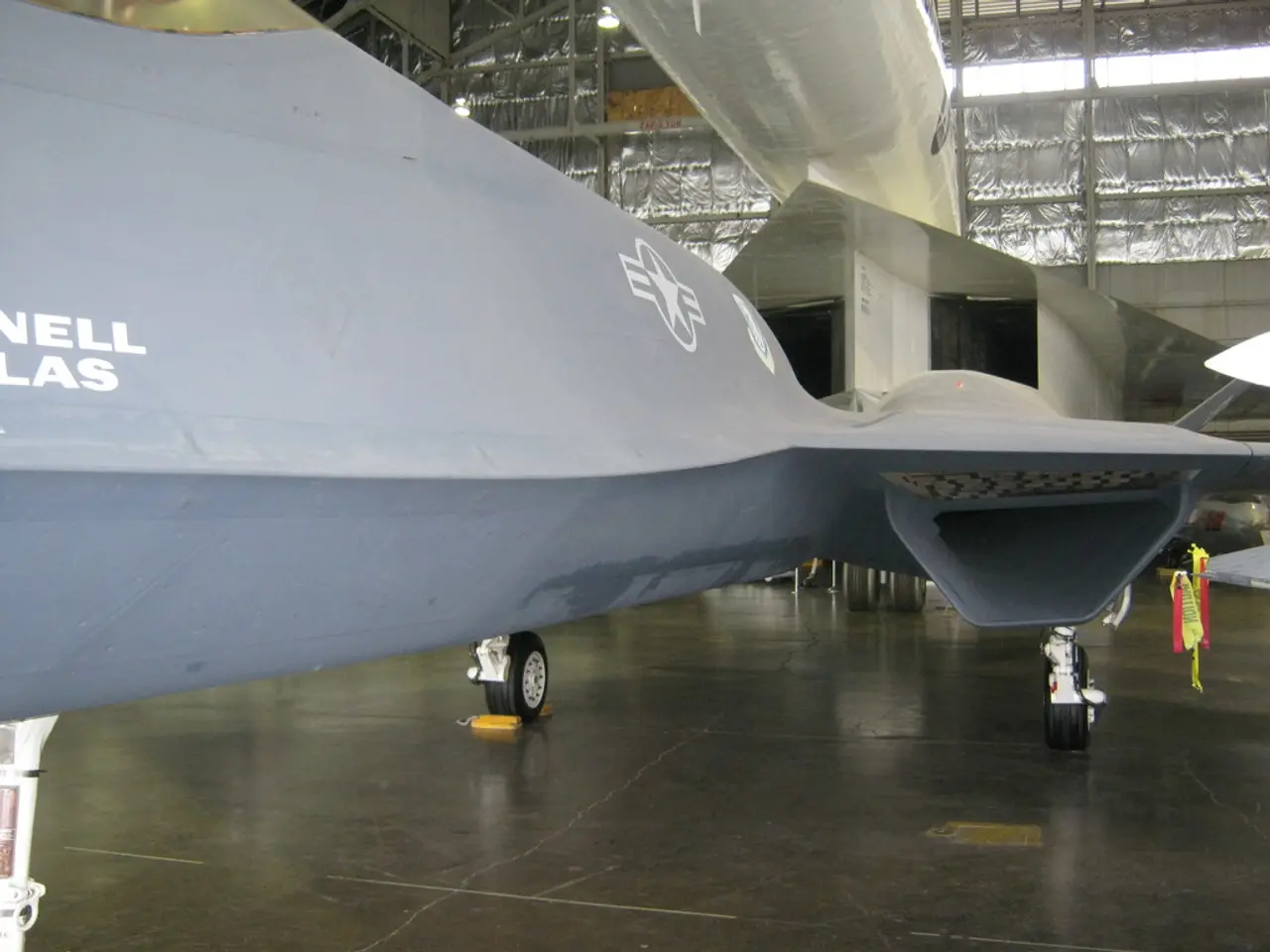Turbulent Skies: Combative Air Travelers Turn Flying into a Perilous Experience
The federal mask mandate, which requires masks in all transportation networks and is set to last through Sept. 13, is one of several measures aimed at improving the current chaotic situation on commercial flights. The FAA's actions, along with relaxed mask mandates on the ground, are hoped to help ease tensions between flight attendants and passengers.
In the past few months, there has been a post-pandemic travel surge, leading to a significant increase in reports of disruptive passengers. According to the FAA, there have been over 3,000 reports of such incidents since the start of the year. Mask mandates, politics, and general pent-up anger have contributed to onboard showdowns between passengers and flight attendants.
To address this issue, the FAA has implemented a zero-tolerance policy and made public announcements warning of fines and possible criminal prosecutions for unruly passengers. The agency's crackdown includes ongoing efforts to improve cockpit security, with hardened cockpit doors already in place and plans to implement secondary flight deck barriers to enhance security.
Airlines cooperate with FAA policies by adopting a zero-tolerance stance on unruly behavior and actively managing incidents. In some cases, flights have been diverted when passengers become aggressive, and passengers have been restrained to prevent cockpit breaches. The FAA also emphasizes real-time situational awareness protocols during emergencies involving disruptive passengers to enable swift response by crew and authorities.
The travel industry workforce is stretched to its limit, with the Association of Flight Attendants-CWA representing nearly 50,000 flight attendants at 17 airlines. Paul Hartshorn, a spokesman for the Association of Professional Flight Attendants, stated that the current situation is "out of control" and that flight attendants may have to defend themselves. A group of airlines stakeholders, including unions representing pilots and flight attendants, sent a letter to U.S. Attorney General Merrick Garland demanding more action against rowdy passengers, calling for the "full and public prosecution of onboard acts of violence."
The TSA announced it would reinstate Crew Member Self-Defense (CMSD) training in July for flight crew members to help them better handle disruptive situations. This training, along with the FAA's measures, is hoped to bring some semblance of order to the current chaotic travel environment.
In an unusual case of air rage, an investment banker named Gerard Finneran defecated on a food-service cart on a flight from Buenos Aires to New York after being refused more drinks in October 1995. He pled guilty to one misdemeanor count and paid over $50,000 in clean-up costs and airfare reimbursement. The federal mask mandate is in place to protect everyone on board and prevent the spread of coronavirus variants, with 465 ongoing investigations into assault or threats of assault on crew members.
The current travel experience is compared to an anachronistic Swanson dinner and high-fidelity RCA, reminding us of the stark contrast between the past and the present. Despite the challenges, the travel industry continues to adapt and evolve to ensure the safety and comfort of its passengers.
- Amidst the current chaotic travel situation on commercial flights, there have been a substantial increase in reports of disruptive behavior, with over 3,000 incidents reported by the FAA since the start of the year.
- To address this issue, the travel industry, including airlines and federal agencies like the FAA, have implemented strict measures such as zero-tolerance policies, increased cockpit security, and real-time situational awareness protocols.
- In a rare instance from the past, an investment banker named Gerard Finneran was fined over $50,000 for defecating on a food-service cart on a flight, highlighting the need for improved behavior on board.
- As travel continues to evolve, it serves as a stark contrast to the past, much like the difference between an anachronistic Swanson dinner and high-fidelity RCA, reminding us of the advancements made in ensuring the safety and comfort of passengers.






